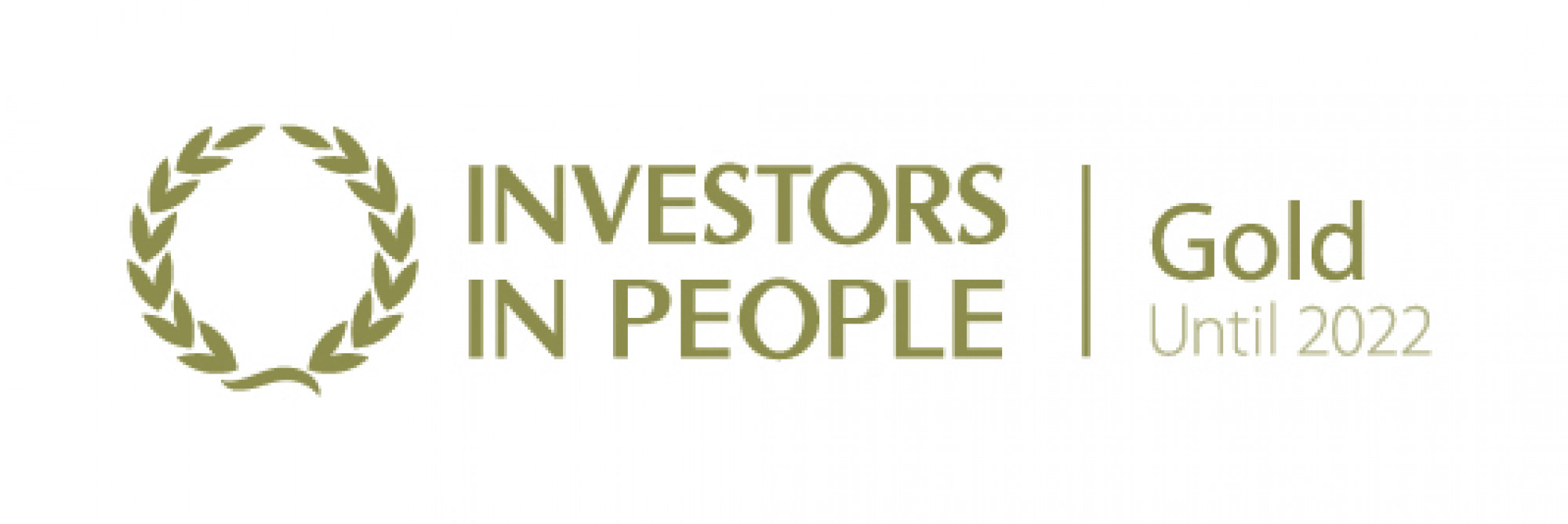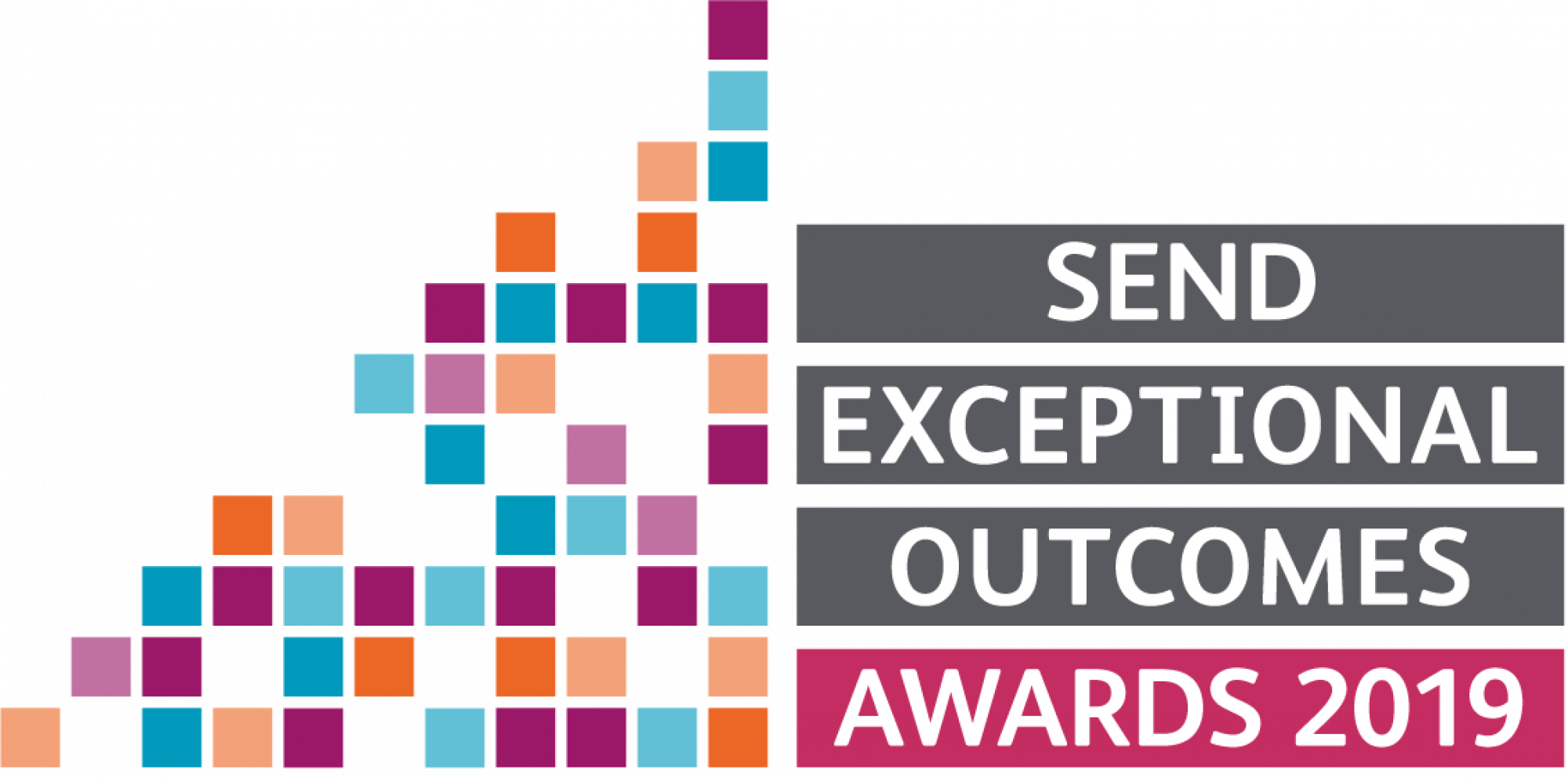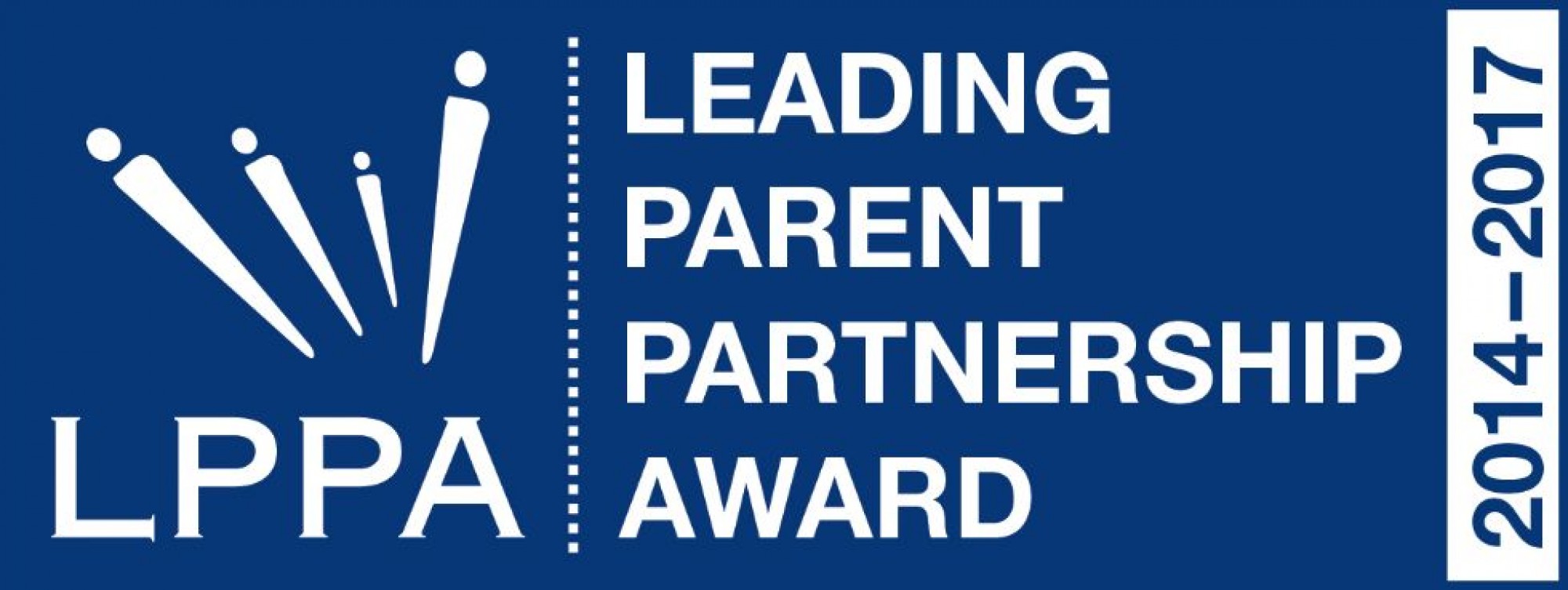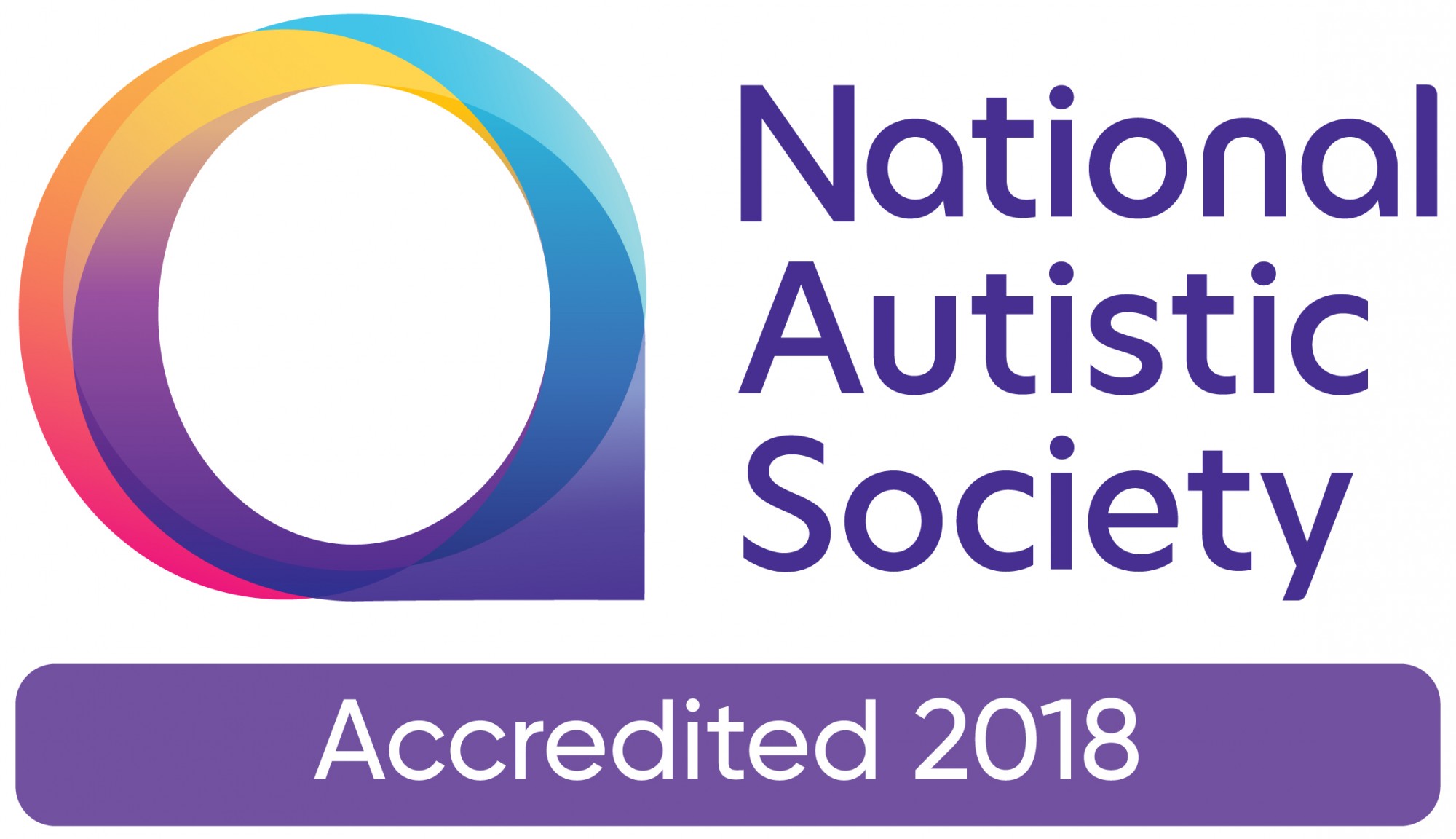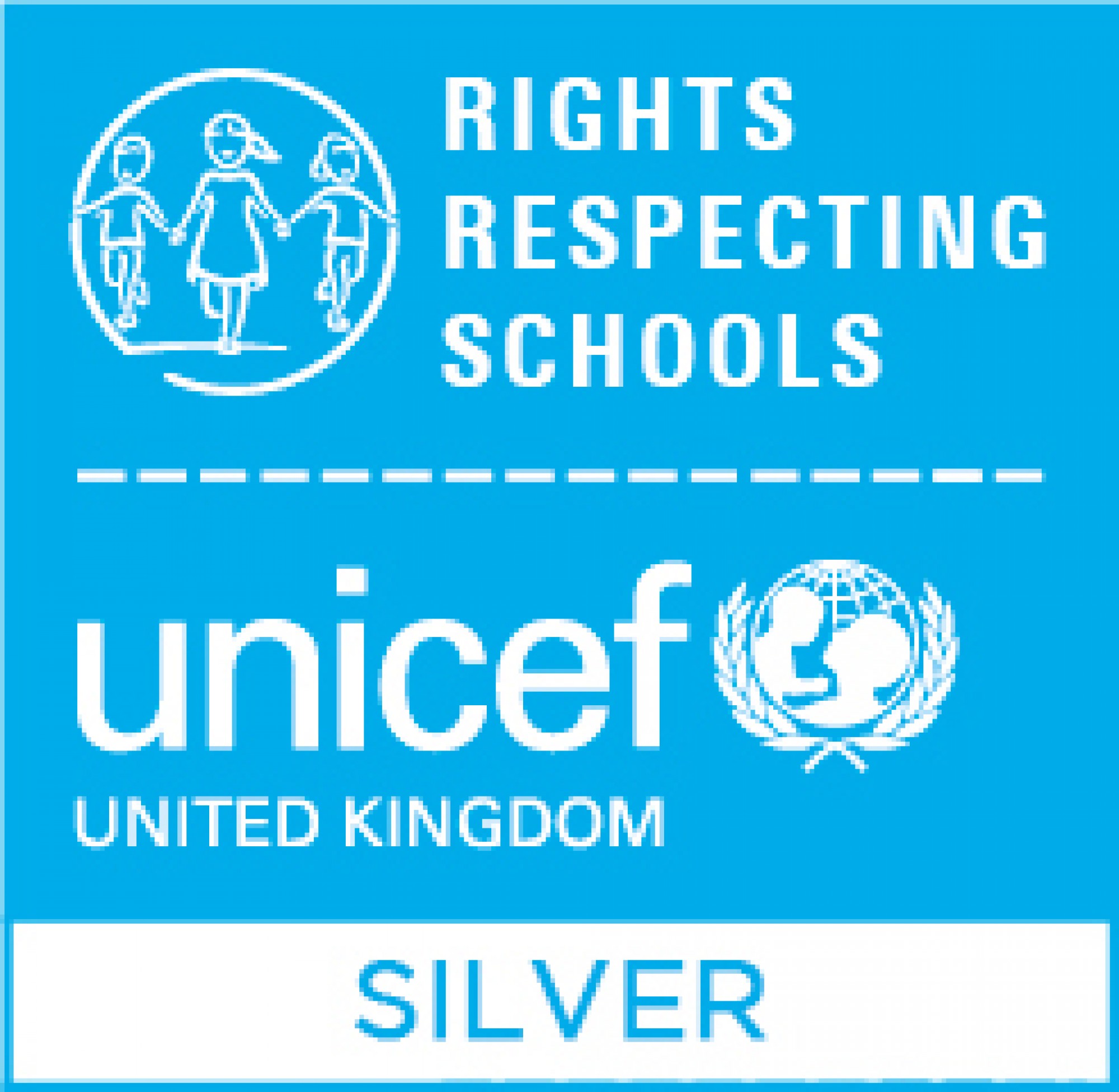Our curriculum is complex and ever changing to ensure we continuously meet the needs of all our young people
A good curriculum empowers children with the knowledge they are entitled to; knowledge that will prepare our students for the opportunities, responsibilities and experiences of later life so that they become actively involved in their community, contributing to society and living as independently as possible.
A good curriculum provides experiences and situations that focus on developing young people who will enter the adult world as respectful, tolerant, valued, confident and independent young people with resilience and ambition.
A good curriculum ensures young people play an active part, making remembering almost inevitable as we cleverly weave new experiences into our curriculum narrative.
Our Curriculum Intent
Our curriculum intent is based on 3 key principles enabling it to be a community where amazing children do amazing things.
Provide empowering and life enriching knowledge, so our young people can join in and fully contribute to create a fulfilling, healthy and safe future for themselves and others.
To achieve this we will…
- Provide a wide, varied and sequenced curriculum that meets the needs of all of our students and enables them to participate in everyday activities’ leading to a fulfilling life.
- Provide students with the necessary knowledge and skills so they are able to lead physically and emotionally healthy lifestyles.
- Provide students with a good understanding of physical, online and relationship safety for now as well as in the future
- Provide students with subject specific knowledge and skills that will prepare them for their next stage of education and adulthood
The impact of this will be
- Students make good progress throughout all curriculum areas.
- Students are able to demonstrate their progress through the external qualifications that they achieve.
- Students demonstrate that they are able to be safe and seek extra support and guidance when needed.
- Students will be equipped with knowledge that will help them with life outside of school.
- Students have a clear route to their next stage of education and have the necessary requirements to achieve this.
Provide a range of experiences, situations and guidance that are focused on preparing our students to enter the adult world as respectful, tolerant, confident and independent young people with resilience, ambition and compassion.
To achieve this we will…
- Provide a curriculum that enables and challenges students to be knowledgeable, respectful and tolerant citizens
- Provide a curriculum that enables students to explore and understand the many different aspects involved in being a British citizen
- Provide a curriculum where students are able to develop their understanding of healthy and safe relationships
- Provide a curriculum that supports preparation for adulthood and transition to the next stage
The impact of this will be…
- Students have a respectful and tolerant attitude towards others
- Students behave well towards their peers and adults both in and out of school
- Students have an awareness and understanding of the importance of different cultures, beliefs and identities
- Students are equipped to have healthy and positive relationships
- Students have a strong understanding about what being a British citizen involves
- Students are ready and able to move on to their next stage of education or training
Promote creativity, exercise, problem solving and practical skills to ensure students can play an active part in shaping and enhancing their own life experiences as well as that of others.
To achieve this we will…
- Provide a curriculum where physical activity and wellbeing is supported and promoted
- Provide a curriculum that enables students to develop their experiences, understanding and skills of a wide range activities that they will encounter in their adult life and potential employment
- Provide a curriculum that encourages students to use creativity and develop their use of imagination and creativity in their learning
- Provide a curriculum where students experience a range of education, training and workplace experiences to encourage them to be ambitious thinkers about their future
The impact of this will be
- Students have the confidence, resilience and skills to participate in a wide and varied range of activities both in and out of the school setting that will prepare them for their future life
- Students are able to participate in suitable physical activities that meet their needs
- Students will receive and participate in a wide range of cultural enrichment activities that will increase their understanding and enjoyment of the world around them
- Students will have a greater understanding of the employment, education and training opportunities available to them in the future and have a variety of skills that can be built upon
Implementation
In order to provide students across Abbey Hill Academy with experiences that are relevant, interesting and challenging and to identify opportunities for progression, we have adopted a curriculum structure with 3 broad levels
Formal
Students who follow this curriculum study the following subjects in KS3
- English
- Reading
- Maths
- Science
- PSHE
- Art
- PE
- Computing
- Music
- PE
- DT
- Food Technology
In KS4, students follow a core curriculum of the following subjects and achieve a variety of Entry Level, Level 1 and Level 2 qualifications dependent upon student academic levels
- English
- Reading
- Maths
- Science
- PSHE
- Art
- PE
- Computing
In addition to this, students choose vocational options from options below
- Art
- Photography
- Computing
- Horticulture
- DoE/Adventure
- Hair and Beauty
- Humanities
- Food
- Sports
- Resistant Materials
- Performing Arts
Our semi formal curriculum allows us to focus on learning to learn:
- realising actions have an effect on the world
- planning and thinking ahead
- making independent choices
- valuing and following interests
- responding to new experiences
- actively participating in routines
- beginning to predict
- working towards goals
- correcting mistakes
- persevering when things are difficult
- using imagination
- sorting and organising
- understanding another perspective
- coming up with ideas
- making links
- concentrating on something important
- solving problems
Semi-formal learning opportunities are built from a secure base of trust, belonging and connection. Everyday interactions and agreements strengthen relationships and promote a calm, supportive learning environment.
Anchoring the day around strongly signalled routines provides a consistent, predictable and reliable structure where independence can flourish.
Semi-formal learning at Abbey Hill Academy offers experiences and opportunities that build knowledge across 10 subject areas in preparation for adulthood:
- PSHE
- Communication and literacy
- Maths
- Science
- ICT
- Physical development
- Art and design
- Music and drama
- Cookery
- Humanities
Using a process-based, multi-sensory approach to teaching and learning and a range of learning environments and resources we deliver the planned curriculum through embedded routines and in the moment planning as well as precision teaching and explicit instruction.
Informal learning
The informal curriculum (based on research from the Pre-formal EQUALS by Peter Imray) ‘will not tell us what to teach now and what to teach next. It will not give us a body of knowledge that it is essential for learners to know because there is no such thing. It is the learners who will decide the direction learning will take; our staff can only help to build routines, facilitate change, offer alternatives, observe and guide. We understand that this then is a curriculum of ideas that we choose to use in the moment and the success will depend upon our children.’ (Imray 2023)
Informal learning happens through engagement and experience. Teams build trust and a strong sense of belonging. When we have established solid connections, engagement happens. Planning is focused on multi-sensory learning experiences and use of people/environments/resources that lead to learning.
Informal teams are:
- attentive
- encourage initiatives
- receive initiatives
- attune to all interaction
- guide,
to then mediate learning.
Following the same pattern and rhythm each day creates a sense of safety and security therefore maximising learning potential. Anchoring the day through a well-planned, strongly signalled, purposeful routine is key to promoting each child’s appropriate level of independence, allowing them to build knowledge of the world around them.
Anchoring each day allows student engagement to flourish:
- awareness
- discovery
- curiosity
- investigation
- anticipation
- persistence
- initiation
The engagement model is based on the idea that ‘engagement is necessary for students to learn’ (Carpenter 2019).
Staff plan in learning opportunities across the day when optimum learning time presents itself for each individual student (in the moment planning). Creating as many opportunities for optimum learning for each child is the aim of the full staff team via the carefully pre-planned learning experiences, environments, resources and routines.
We must direct all our efforts into maximising each student's opportunities to do the best that they can possibly do and to be the best that they can possibly be, irrespective of their abilities or disabilities. Students may choose not to exercise such opportunities, but they must be provided with them in the first place.
In practice, this leads us to putting the child at the centre of the curriculum and listening to their behaviours and what this can tell us about their interests, motivations and potential for engagement.
We evidence progress using Evidence for Learning against personalised SCRUFFY (student-led, creative, relevant, unspecified, fun for youngsters) targets (Lacey 2010) across the academic year. All achievements are celebrated in the moment and shared with families in real time.
Impact
As part of our commitment to ensuring that each child makes exceptional progress from their own starting points we have implemented a robust target and tracking system, so that a student’s progress can be mapped out over time and each term teachers will be able to report on how far each student has progressed in terms of meeting specific targets. At Abbey Hill Academy this is a vital tool that ensures consistent high expectation which leads to stronger outcomes.
View\Download our Curriculum Impact Analysis 2021/22 <HERE>
View\Download our Curriculum Impact Analysis 2022/23 <HERE>
View\Download our Curriculum Impact Analysis 2023/24 <HERE>



